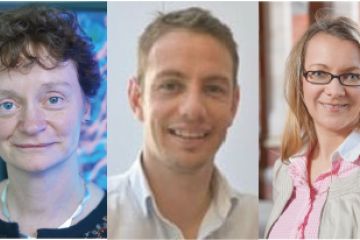Skills and Knowledge Transfer grant
Establishing the novel ex-vivo focal demyelination model of Multiple Sclerosis in other laboratories to reduce and replace live animal use

At a glance
Completed
Award date
September 2021 - March 2024
Grant amount
£74,526
Principal investigator
Dr Ben Newland
Co-investigator(s)
Institute
Cardiff University
R
- Replacement
Read the abstract
View the grant profile on GtR
